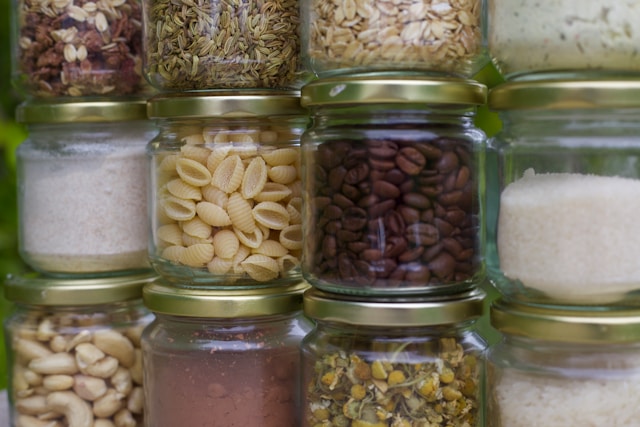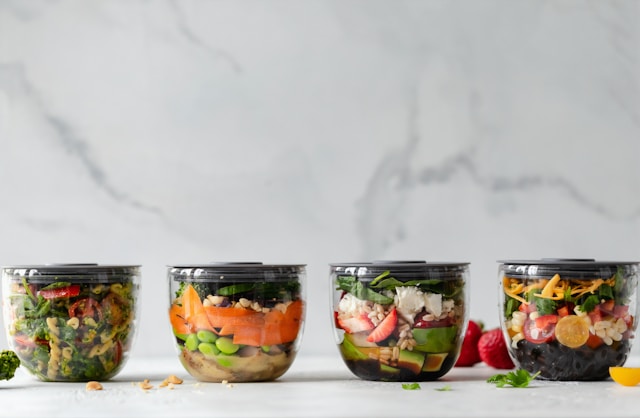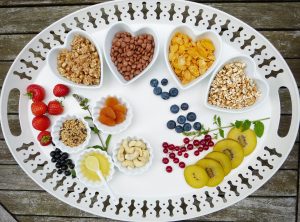Balancing a busy professional life while striving to eat healthily can feel overwhelming. The convenience of fast food is tempting, but it often comes at the cost of nutritional value and personal well-being. This is where the art of meal planning becomes invaluable. By dedicating a bit of time to plan your meals, you can enjoy delicious, nutritious dishes that support your busy lifestyle without sacrificing taste or health. This guide aims to demystify meal planning, offering practical tips to help you prepare wholesome meals efficiently.
Table of Contents
Understanding the Basics of Meal Planning
Meal planning starts with setting clear, achievable goals based on your dietary needs and lifestyle demands. It involves looking ahead, deciding what you’ll eat throughout the week, and making preparations accordingly. The process not only helps you stay on track with healthy eating but also saves time and reduces food waste. Begin by assessing your weekly schedule to determine how much time you can dedicate to meal preparation, and don’t forget to account for variety to keep your meals exciting.
The Importance of Nutritional Balance
Eating a healthy diet is super important for your body to work its best. When planning your meals, strive to include a combination of macronutrients—proteins, carbohydrates, and fats—alongside a generous helping of vitamins and minerals from fruits and vegetables. This balance is crucial for sustaining energy levels, especially on your busiest days.If you still feel your diet is lacking essential nutrients, consider adding the best moringa supplement to your shopping list. Moringa is considered a superfood with a host of benefits and is sold in various forms, including powders, capsules, and tea. It will be easy enough to incorporate it into your meal prep.
Incorporating Quick and Healthy Recipes
One way to introduce variety and nutrition into your meal plan without spending hours in the kitchen is to try this tasty gyro recipe. It’s a perfect example of a dish that’s not only quick to prepare but also packed with flavor and nutrients. Recipes like this can be made in advance and are ideal for busy professionals looking for satisfying meals on the go.
Making a Shopping List
Armed with your meal plan, the next step is to create a shopping list. This organized approach ensures you purchase only what you need, avoiding impulse buys that can lead to unhealthy eating. A detailed list also makes grocery shopping more efficient, helping you navigate the store quickly and stick to your meal-planning goals.
The Art of Batch Cooking
Batch cooking is a time-saving strategy where you cook multiple portions of a meal at once and then store them for later use. This method is particularly effective for busy professionals, as it means you only need to cook once or twice a week. Choose recipes that freeze well and enjoy having ready-to-eat meals at your fingertips, perfect for those days when cooking is the last thing on your mind.
Smart Storage Solutions
Implementing smart storage solutions is key to maximizing the lifespan of your batch-cooked meals and ingredients. Investing in high-quality, airtight containers can make all the difference in keeping your food fresh and appetizing. Consider labeling containers with the date of preparation to track freshness and ensure that you use older items first, minimizing waste. Freezing portions that won’t be eaten within a few days preserves the quality of your meals and provides a quick and easy option for future lunches or dinners.

Leveraging Leftovers
Viewing leftovers as a component of your meal plan rather than an afterthought can revolutionize your approach to meal planning. Leftovers can serve as the base for new meals, reducing preparation time and food waste. For instance, roasted vegetables from dinner can become part of a vibrant salad or a filling for wraps. Thinking ahead about how to repurpose leftovers encourages creativity and efficiency in the kitchen, turning what might have been discarded into a delicious part of the next meal.
Incorporating Healthy Snacks
Healthy snacks are an essential element of any meal plan, especially for busy professionals who may need a midday energy boost. Planning for snacks prevents vending machine visits, or unhealthy impulse buys. Stock up on easy-to-carry options like nuts, fresh fruit, yogurt, or homemade granola bars. Having these nutritious snacks on hand helps maintain energy levels throughout the day, supports metabolic health, and keeps hunger at bay until your next meal.
Adjusting Meals for Eating Out
For professionals who frequently dine out due to work commitments or social engagements, making informed choices is vital. Research menus in advance and look for dishes that align with your nutritional goals. Many restaurants offer healthy options that are both satisfying and aligned with a balanced diet. Don’t hesitate to ask for modifications to dishes, such as dressing on the side or grilled instead of fried options. Making these small adjustments ensures that eating out doesn’t derail your healthy eating plan.
The Role of Hydration
Hydration plays a critical role in overall health, yet it’s often overlooked in meal planning. Including reminders to drink water throughout the day is as important as planning your meals. Carry a reusable water bottle and set goals or alarms as reminders to stay hydrated. Proper hydration aids digestion, enhances concentration, and can even curb hunger, making it a cornerstone of a healthy lifestyle. Hydration not only benefits physical health but also contributes to mental clarity and emotional well-being, supporting optimal performance in various aspects of life.
Conclusion
Mastering meal planning is a journey of discovery, filled with opportunities to explore new flavors, ingredients, and cooking techniques. It empowers busy professionals to nourish their bodies with delicious, healthful meals, even on the most hectic days. By embracing smart storage solutions, leveraging leftovers, incorporating healthy snacks, adjusting meals for dining out, and prioritizing hydration, anyone can transform their dietary habits.
Meal planning isn’t just about organizing what you eat; it’s about making a commitment to your health and well-being. It’s a testament to the power of preparation, showing that, with a little foresight and effort, maintaining a balanced diet is not only achievable but enjoyable. As you refine your meal planning skills, remember to be flexible and adapt to the inevitable changes in your schedule. Each step you take towards better meal planning is a step towards a healthier, more balanced life.
Featured Photo by S’well on Unsplash




